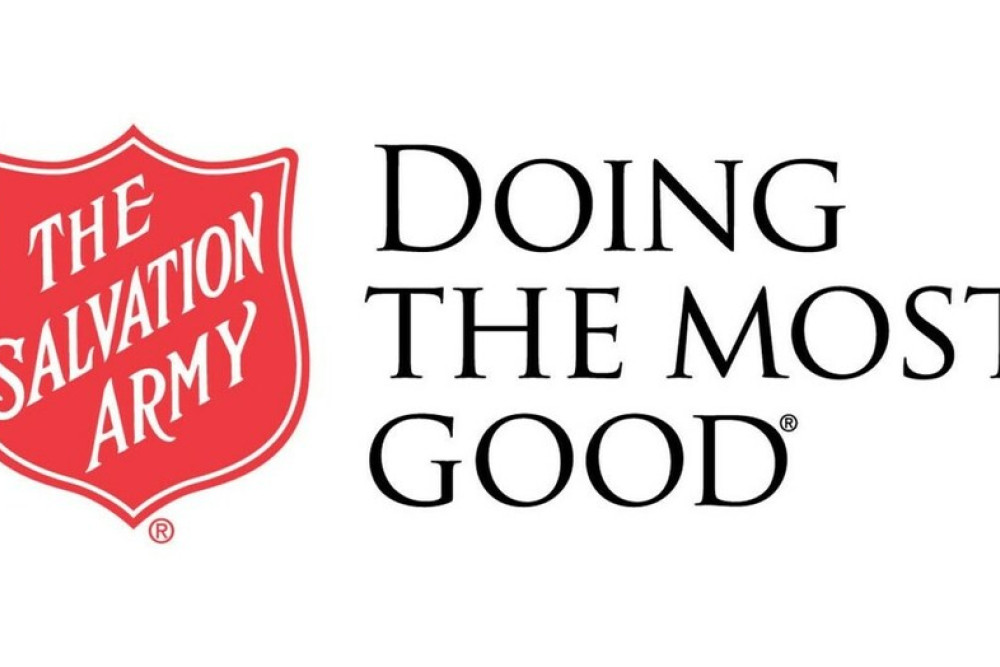General News
25 May, 2023
Winter looms for homeless, Salvos call for your help
FAMILIES are being forced to live in tents as the homelessness crisis gets worse across the region and with winter only a day away, the Salvation Army is urging anyone with blankets, unused tents and camping equipment to come forward and help.

The Salvos have just conducted their annual Red Shield Appeal, but it’s not too late to help the growing number of people who cannot find a home, says Tablelands Corps leader Miriam Newton-Gentle.
“Homelessness is getting worse because there is no emergency accommodation on the Tablelands so we are purchasing tents to keep them warm,” she said.
“There are no rentals available and from what we hear, people are losing their rental homes because the owners are choosing to sell which could be a result of higher interest rates.
“What rentals are out there are too expensive for someone on Newstart (allowance).”
She said some families were staying at caravan parks, while others are simply finding a place in scrub or bushland near creeks to pitch their tent, often with other families nearby for protection.
Ms Newton-Gentle said the high cost of living was also having a substantial impact, with people unable to put food on the table for their families.
“And the food they are buying is not good quality so then their health goes down and that puts pressure on the health system,” she said.
The Salvation Army can provide food or vouchers for those in need.
Ms Newton-Gentle said the stress caused by the financial circumstances of many families was undoubtedly a factor in the higher number of domestic and family violence incidences.
“People will have more arguments about spending money and this can lead to the domestic violence we are seeing,” she said.
It was also a major contributor to mental health issues such as depression.
But there is a way to help those less fortunate by donating goods to the Salvation Army’s Family Stores in Tolga and Herberton. The stores can accept all kinds of items which are then sold and the money used to help local people in need.
This year in response to the homelessness crisis, the organisation also wants specific items donated so they can give them directly to those who are living in tents or in their cars.
“There are probably hundreds of people out there in the community who have an unused tent in their shed – it doesn’t even matter if they are not in perfect condition,” she said.
“We are also looking for camping equipment like camping stoves and any other equipment that might be useful.”
The Salvos also want people to donate any blankets and sleeping bags to help those living in tents or cars as the weather turns colder.
“People can donate directly to us and know that all the money raised in this region is used to help local people locally.”
Necessities for those in need
NEW research undertaken by the Salvation Army has revealed that in the past 12 months, 91 per cent of Queensland respondents who reached out to the organisation for support were struggling to afford basic living necessities.
Queensland households with children were often the hardest hit from financial pressures. Nearly three-quarters (71 per cent) of these households were living $200 below the poverty line.
This means that after paying for essential living costs, such as housing, food, utilities, health and fuel, the typical respondent was living on $5 a day to spend or save for other expenses.
Nearly 30 per cent could afford to take their child to see a doctor or a dentist and one in four were unable to provide them with three meals a day.
Nine in 10 respondents from Queensland (90 per cent) had experienced financial stress and faced more than two instances of significant financial hardship in the past year.
The research, released to coincide with annual Red Shield Appeal, also found nearly half of respondents (47 per cent) could not afford essential healthcare, 57 per cent were skipping meals to save money and 77 per cent were experiencing housing stress.


